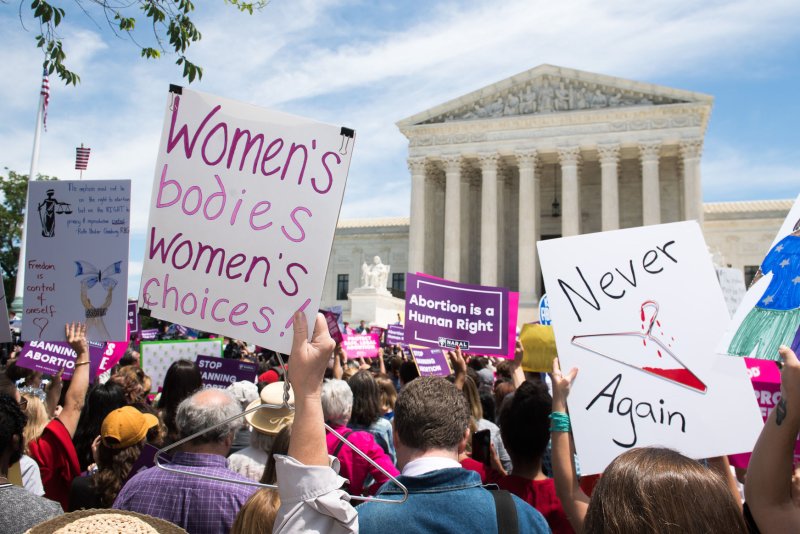June 28 (UPI) -- The U.S. Supreme Court decided Friday not to get involved in a controversial abortion case in Alabama, in which the state tried to ban what they call "dismemberment abortions."
The high court's decision not to hear the case means the appellate court ruling that blocks Alabama's ban on the procedures -- technically known as dilation and evacuation abortions. They're termed "dismemberment abortions" because the fetus is removed from the womb in pieces.















